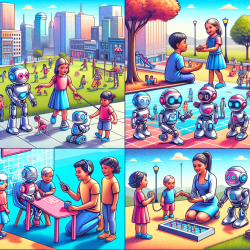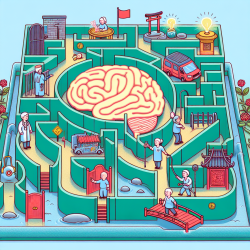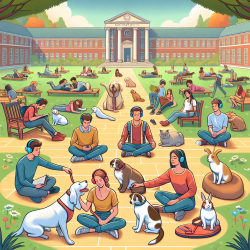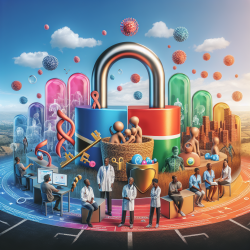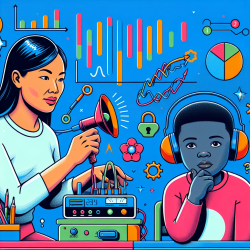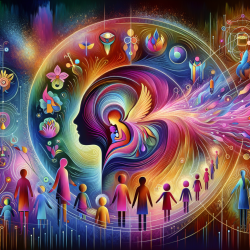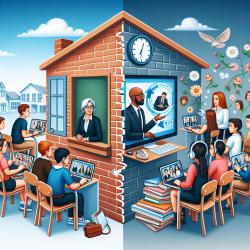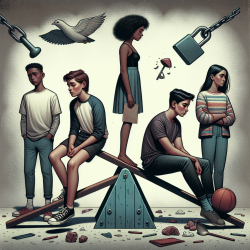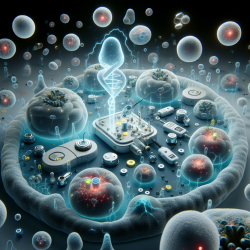In the fascinating study "Children-Robot Friendship, Moral Agency, and Aristotelian Virtue Development," researchers delve into the moral implications of children forming friendships with robots. This research, grounded in Aristotelian virtue ethics, offers valuable insights for practitioners aiming to enhance children's moral development through innovative approaches.
The Potential of Social Robots in Moral Development
According to the study, while robots cannot be true virtue friends, they can still play a significant role in enabling children to exercise ethical and intellectual virtues. Here are some key takeaways:
- Educational Play: Unlike adults, children engage in friendships as an educational play of exploration, which is crucial for acquiring and developing virtues.
- Imaginary Companions: Robots can act similarly to imaginary companions (IC) and personified objects (PO), enabling children to exercise affection, moral imagination, and reasoning.
- Role of Robots: As Personified Robotic Objects (PROs), robots can help children practice intellectual virtues and indirectly support the development of ethical virtues.
Implementing Findings in Practice
For practitioners working with children, incorporating social robots can be a game-changer. Here are some practical steps:
- Responsible Design: Ensure robots are designed to avoid positioning them as human equivalents. This helps children understand the boundaries of their interactions.
- Interactive Learning: Use robots that present interesting challenges to stimulate children's reasoning abilities and creativity.
- Parental Involvement: Educate parents about the role of robots and ensure they are part of the moral responsibility network to guide children's interactions.
Encouraging Further Research
While the current findings are promising, more longitudinal studies are needed to fully understand the long-term impact of robots on children's moral and social development. Practitioners are encouraged to stay updated with ongoing research and contribute to this evolving field.
To read the original research paper, please follow this link: Children-Robot Friendship, Moral Agency, and Aristotelian Virtue Development.
